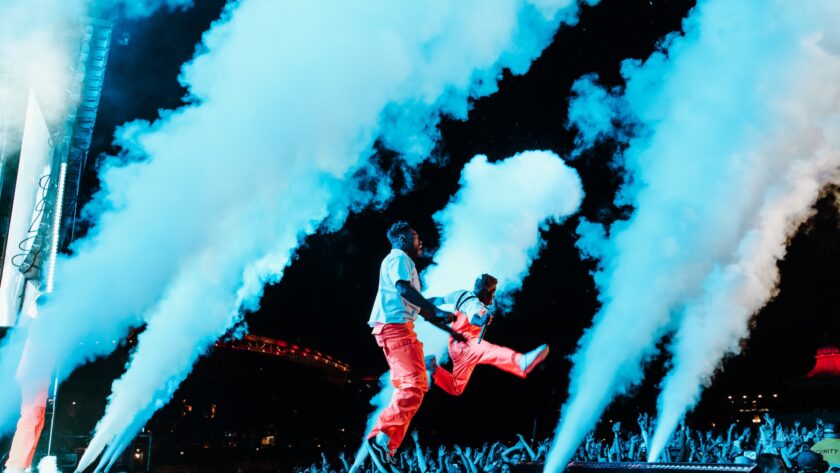One of the most challenging yet rewarding experiences as a music artist is finding your unique sound and voice. It’s not just about creating music that sounds good but also music that resonates with your personality, values, and experiences.
Building authenticity and identity is crucial in a highly competitive industry where artists are expected to differentiate themselves. Industry expert Benjy Grinberg shall look closely at tips and strategies for finding your voice and creating music that truly reflects who you are.
Understand Your Influences And Inspirations
One of the primary ways to find your voice as a music artist is to understand your influences and inspirations. Take some time to think about the artists and genres that have inspired you throughout your life.
List their defining characteristics, such as sound, lyrics, or performance style. Identify what speaks to you the most and incorporate those elements into your music.
However, it’s important to note that you shouldn’t aim to be a copycat of your favorite artist. Instead, use their influence as a starting point to develop your unique sound. Experiment with different styles and techniques until you find a balance that reflects your voice.
Experiment With Different Genres And Styles
As a music artist, exploring different genres and styles is important. Don’t limit yourself to one specific genre or sound. You might be surprised at what you enjoy playing and listening to.
By widening your musical horizons, you can push your boundaries and find inspiration in different styles of music. Pick out the things you love from different genres and incorporate them into your music to make it stand out. This can lead to new writing ideas and help you develop your unique sound.
Write From The Heart
Authenticity starts with writing from the heart. Your lyrics and melody should reflect your experiences, emotions, and perspectives.
Don’t be afraid to be vulnerable and express yourself honestly in your music. When you write from a place of authenticity, you’re more likely to connect with your audience on a deeper level.
Remember that your music is your message to the world, so make it count. To help you write from the heart, try keeping a journal where you can jot down your thoughts and feelings. You never know when inspiration might strike!
Collaborate With Others
As much as finding your voice is a personal journey, collaboration can also be a powerful tool to develop your sound further. Working with other artists or producers allows you to explore new ideas and styles you might not have considered before.
Collaboration can also help you flex your creative muscles, learn new techniques, and grow from constructive feedback. Be open-minded and willing to experiment with different collaborators to see what works best for you.
Perform Live Frequently
Performing live is essential to developing your identity as a music artist. It allows you to test your music on a live audience, gauge their reactions, and see how your sound translates in a live setting.
Moreover, performing live helps develop your stage presence, which can enhance your overall performance. The more you perform, the more confident you become in your abilities, helping you find your voice as an artist.
Be Patient
Finally, patience is essential when finding your voice as a music artist. It’s a process that takes time, effort, and practice. Be encouraged if you find your voice immediately or encounter setbacks.
Remember that your unique sound and voice are worth the journey. Keep experimenting, learning, and growing until you reach your full potential as an artist.
Final Thoughts
Benjy Grinberg states that building authenticity and identity as a music artist is a personal and creative journey. Use your influences and inspirations as a starting point, write from the heart, collaborate with others, perform live frequently, and be patient.
These steps help create an authentic and unique sound that reflects your identity and connects with your audience. Finding your voice is an ongoing process, so keep exploring, experimenting, and growing as an artist.





